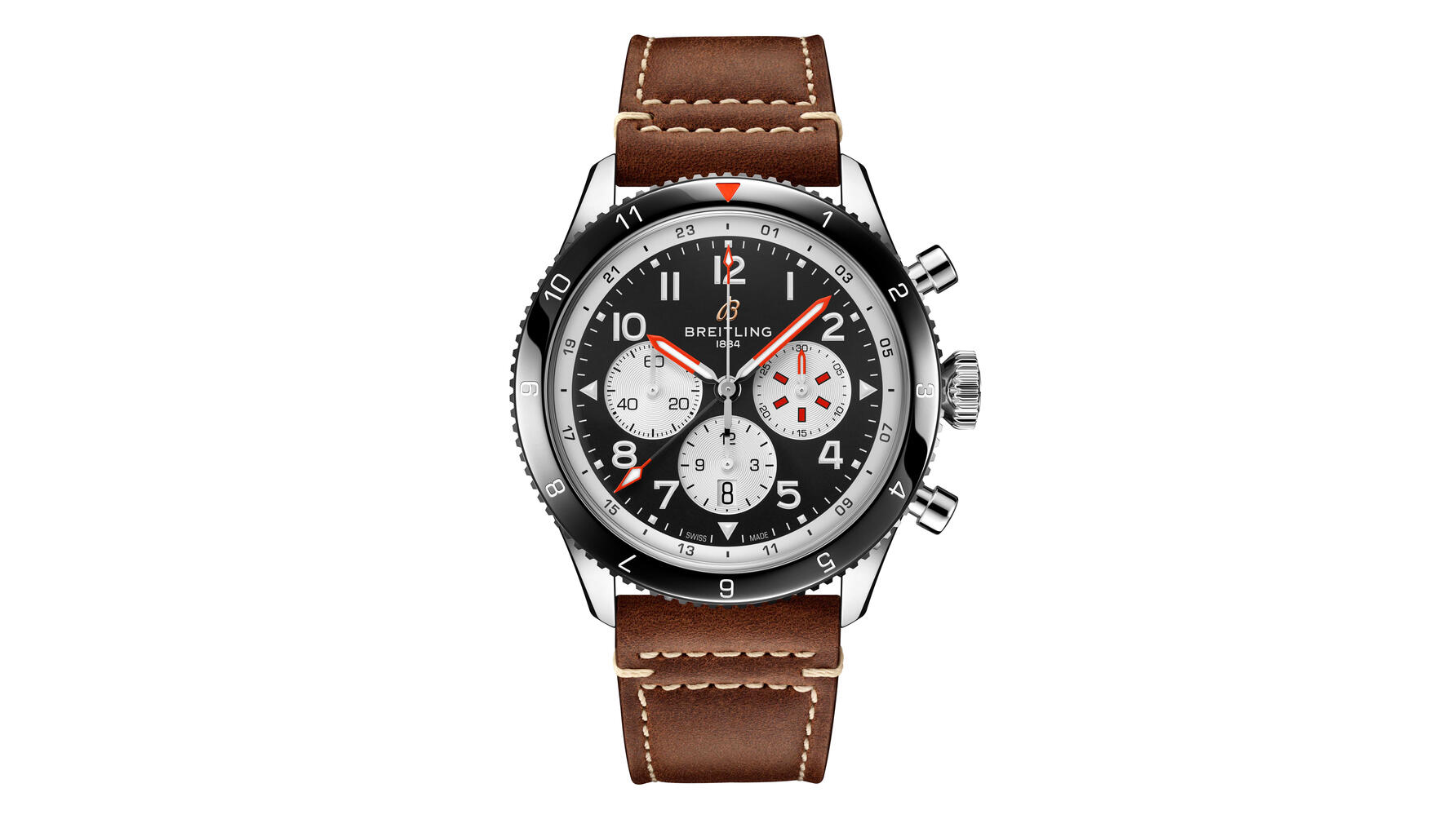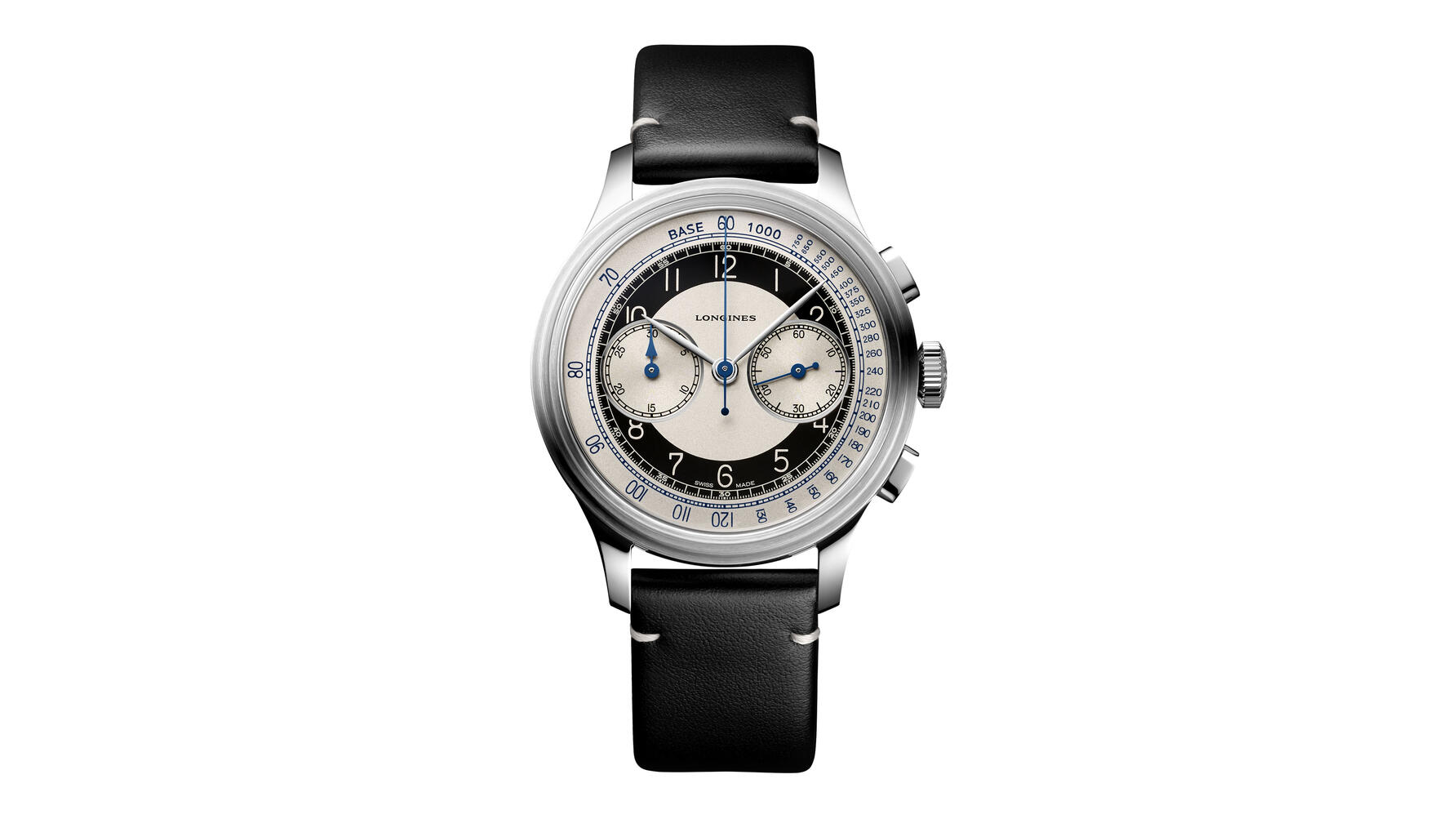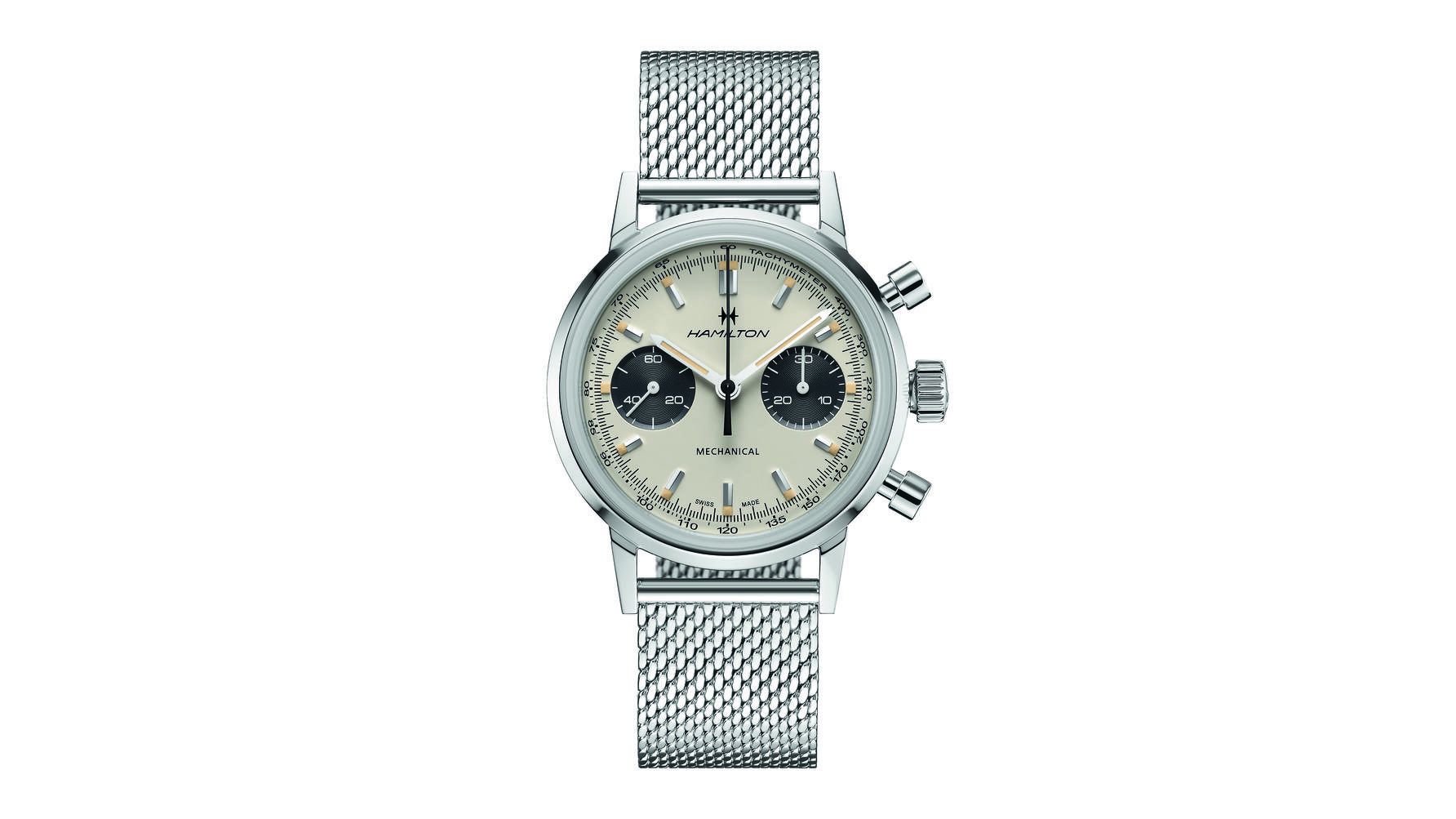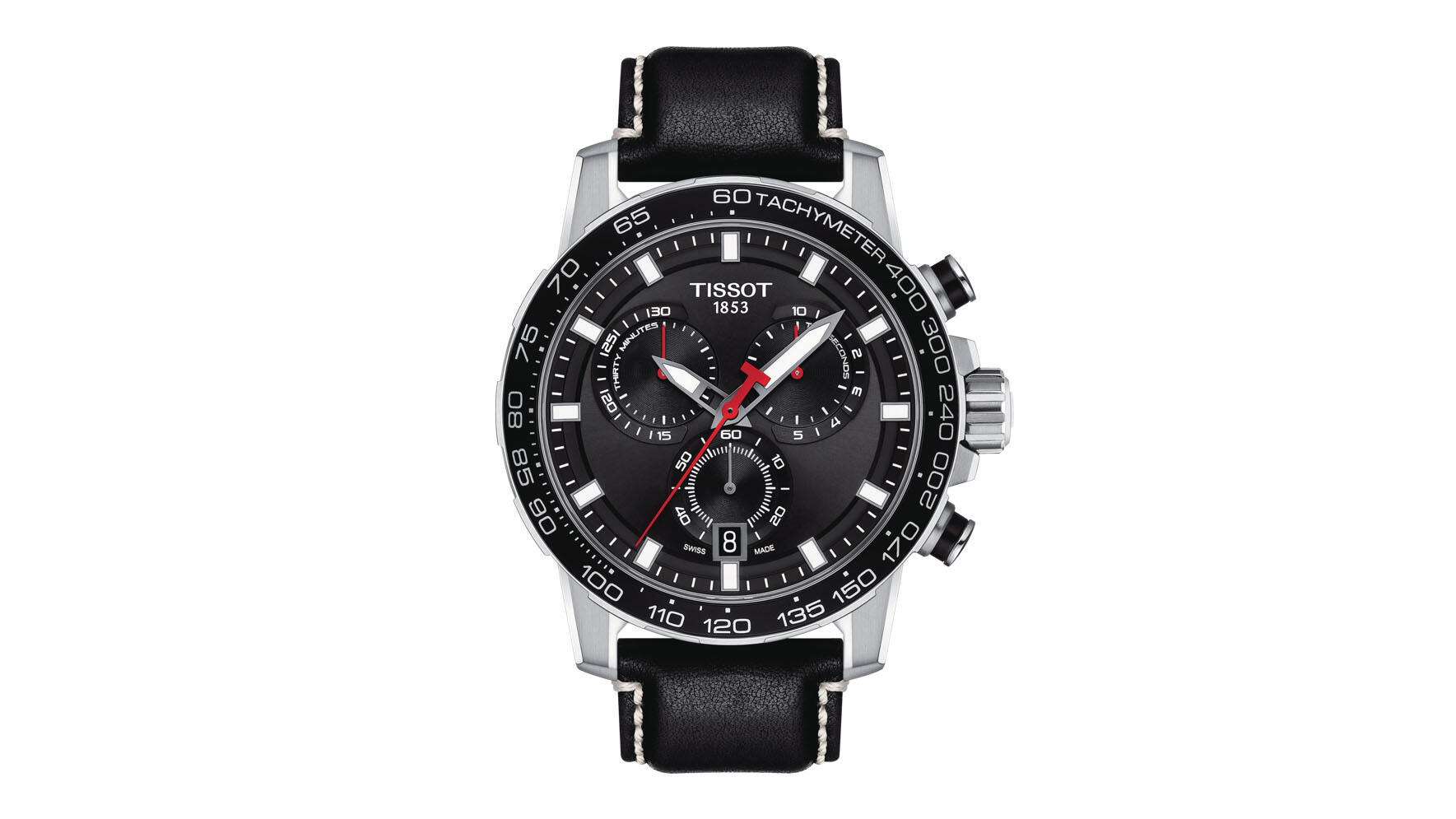
Watches: the origins of the chronograph
These days chronographs are aplenty, but their history is fascinating
What do horse racing and stargazing have in common? Well, they are the two pursuits that helped launch the most popular watchmaking complication of all time: the chronograph. Two hundred years ago a French watchmaker called Nicolas Rieussec was commissioned by Louis XVIII to make a device for timing the king’s horses. The ingenious solution was a clock with an ink-tipped nib that would mark the start and end point on the dial. This groundbreaking piece of tech was accurate to within a fifth of a second and Rieussec named it chronograph after the Greek for “time writer”.
There were obvious limitations to this system, though. Not least the fact that you had to wipe ink off the dial before you could use it again. And fill up the ink. But in 1821 you couldn’t be choosy. It was the only commercially available timing device of its kind, and later versions were used to time different sporting events.
Rieussec’s invention was credited as the first chronograph for knocking on two centuries until someone discovered one that trumped it. It turns out that another Frenchman made a chronograph first. A chap called Louis Moinet designed his timer for astronomers to track the movements of stars and planets through the sky. Not only did Moinet’s timer come out five years earlier, it was also much more advanced, timing to within 1/60th of a second and using hands like a modern one does. But because it never went into production, Moinet’s chronograph was not widely known until it was unearthed a few years ago.
You could say that made Moinet an unsung hero, but he didn’t do too badly in his lifetime. He was a polymath genius and celebrated watchmaker whose list of clients included Napoleon, Thomas Jefferson and King George IV. And he was certainly well ahead of his time. The chronograph as we know it today didn’t become a big thing until the middle decades of the 20th century, when planes filled the sky and cars roared around race circuits. Moinet is now rightly credited as the father of a function that is a favourite from entry level all the way up to top-drawer statement pieces. Perfect for whatever you want to time. Or just because you fancy one.

Breitling Super AVI B04 Chronograph GMT 46 Mosquito
A new heritage-inspired watch series marries Breitling’s twin obsessions with aeroplanes and chronographs. Each watch in the Super AVI series honours a WW2-era fighter plane, this one inspired by Britain’s de Havilland Mosquito – known as the “Wooden Wonder” for its balsa and birch body. The watch has a chronometer-certified automatic chronograph movement with quarter-second, 30-minute and 12-hour counters. You can also track a second time zone with the red-tipped GMT hand and 24-hour markings. The 46mm stainless steel case is water resistant to 100m.
£8,000; breitling.com

Longines Heritage Classic Chronograph
This Forties-inspired bi-compax chronograph has an automatic movement with 54-hour power reserve. Running seconds at three at o’clock, 30-minute chronograph counter at nine o’clock with chronograph seconds around the centre and tachymeter scale. A 40mm stainless steel case, water resistant to 30m.
Top Gear
Newsletter
Thank you for subscribing to our newsletter. Look out for your regular round-up of news, reviews and offers in your inbox.
Get all the latest news, reviews and exclusives, direct to your inbox.
£2,340; longines.com

Hamilton American Classic
Hamilton is owned by the Swiss giant Swatch group, but the brand still makes much of its American heritage, whether that is Elvis, or this Sixties chronograph. The Intra-Matic Chronograph H has a hand-wound H-51 chronograph movement with 60-hour power reserve. 40mm stainless steel case, water resistant to 100m.
£1,870; hamiltonwatch.com

Tissot Supersport Chrono
The Supersport Chrono’s quartz movement powers a central 60-second chronograph hand, 30-minute and 1/10th of a second counters. It has a 45.5mm stainless steel case and aluminium bezel ring. Water resistant to 100m. Lume-filled indexes for legibility in low light.
£350; tissotwatches.com
Trending this week
- Top Gear Advice
Here are 19 brilliant cars that are cheaper than you think








